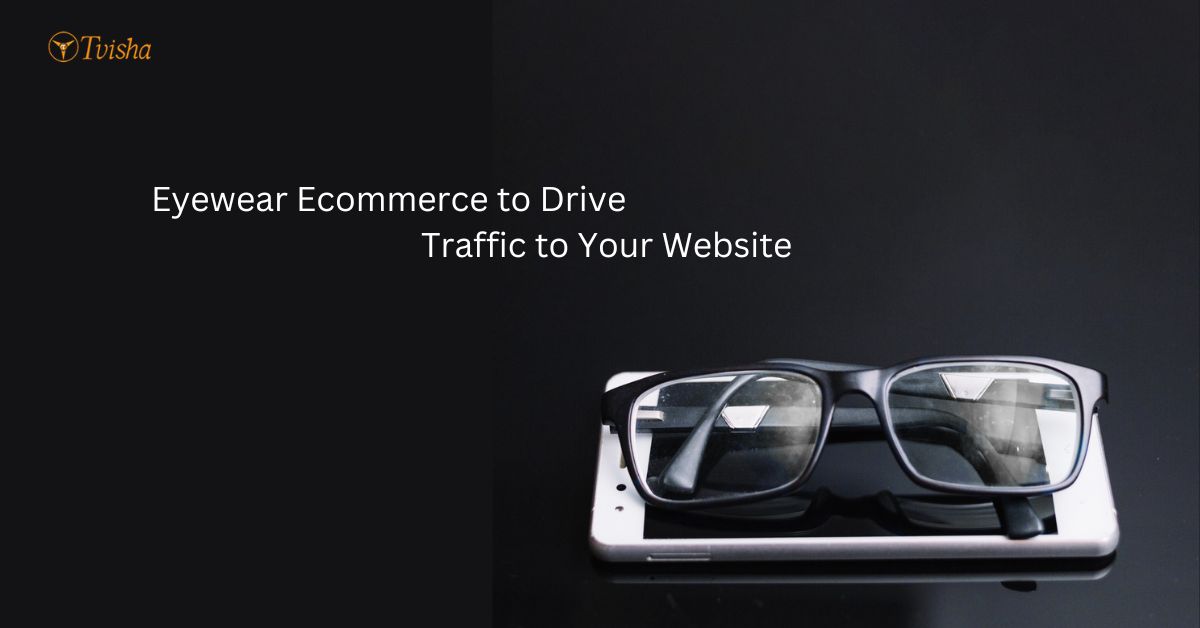
Benefits of Hybrid Apps that helps Local Business to Reach Top in Market
In Today’s era , with the increasing number of smartphone users and mobile app development the relation between the brands and consumers is increasing as well. Therefore, it is required to understand the Benefits of Hybrid Apps which can help local buisnesses adopt digital business strategy to groom their business. Depending on Mobile Apps to make the daily life tasks simpler has increased its demand. Therefore , boosting the sales of small businesses and helping them outreach new heights.
In simple parlance, a hybrid app is a ‘cross’ between a web app and a native app. Hybrid applications don’t function anyway other than native applications. The Benefits of hybrid apps include easily installation into any device you own, and like any other application they can be built for games, to click pictures and any other application which would make your life easier in much affordable cost.
The technologies used for hybrid app development
1. HTML5, CSS3, and JavaScript
These core web technologies form the foundation of hybrid apps. HTML5 is used for structuring content, CSS3 for styling, and JavaScript for adding interactivity and functionality.
2. Frameworks and Libraries
- Apache Cordova: A platform that allows developers to use standard web technologies to build mobile apps. Cordova acts as a bridge between web apps and native device features.
- Ionic: A popular framework built on top of Angular (and now also supports React and Vue). It provides a library of pre-built UI components that mimic native design patterns.
- React Native: While often considered a framework for building native apps, React Native allows developers to use web technologies to create mobile applications that can share code across platforms.
- Flutter: Although primarily used for native-like development, Flutter can also be utilized in a hybrid approach, especially for web and mobile.
3. Progressive Web Apps (PWAs)
PWAs use modern web capabilities to deliver an app-like experience through a web browser. They can work offline, send push notifications, and be added to the home screen.
what differs a native and hybrid from each other is the hybrid is hosted inside a native application that uses mobile platform’s Web View providing access to features like contacts, accelerometer, camera etc. or it is an integration of both web applications and native application, Therefore making it suitable for specific and multi platforms mobile app development. Moreover, Hybrid apps could also include native UI elements when it’s necessary.
Differentiating a native and hybrid application is a difficult task, and you should also not care about it, until it works as well as native.Most of the hybrid applications hold well on Apache Cordova (JavaScript API Provider, which accesses API capabilities).
The Hybrid apps are most used by small businesses as, they suit the low budget and high-performance needs of the businesses which have just stepped in.
Attributes Which Makes Hybrid Apps Ideal for Small Businesses Are
1. Cost Effectiveness
The resources, time and money utilised in building hybrid application is low as compared to native, which is competent to the small businesses with limited budget. These hybrid apps are a boon for start-ups which are ever on the look out to limit costs due to low investing strength. These are normally called a minimum viable product.
2. Faster Development
Hybrid apps often have faster development processes compared to native apps. This is because developers can reuse a significant portion of the codebase for different platforms, speeding up the overall development process.
3. Cross-Platform Compatibility
Hybrid apps can run on multiple platforms (iOS, Android, etc.), reducing development time. A single codebase can be deployed across various platforms, simplifying the development process.
4. High-End User Experience
Due to the use of UI elements, the user experience is extensively improved and hybrid apps are no less than native ones. It provides built-in UI components that suit the Project requirements and thus reduces the overall development effort.
5. Offline Usability
Hybrid apps can offer offline functionality by using local storage capabilities. Users can access specific features or content even when they are not connected to the internet.
6. Easy Maintenance
Hybrid apps are based on Ionic framework which is open source therefore one code suffices cross platform app development without any need to rewrite the code, which makes it easy to maintain.
6. Uniform User Experience
Hybrid apps can deliver a consistent user experience across various platforms, as they share the same codebase. This helps in strengthening brand identity and usability standards
In software world, React Native has been coming up with the new versions every year. It enables the creation of components that are native to the platform, resulting in a highly performant app with a native look and feel. The build in animation features which can handle gestures are also in pipeline, which is expected to improve the whole user experience better than the current ones.
Small businesses, expect hybrid app to be a replica of native app. Which is why there is an extensive research going on to improve the performance, also if there are more hybrid applications available then the business owners will have the better idea of their expectations.

















 Whatsapp
Whatsapp
 Email
Email


